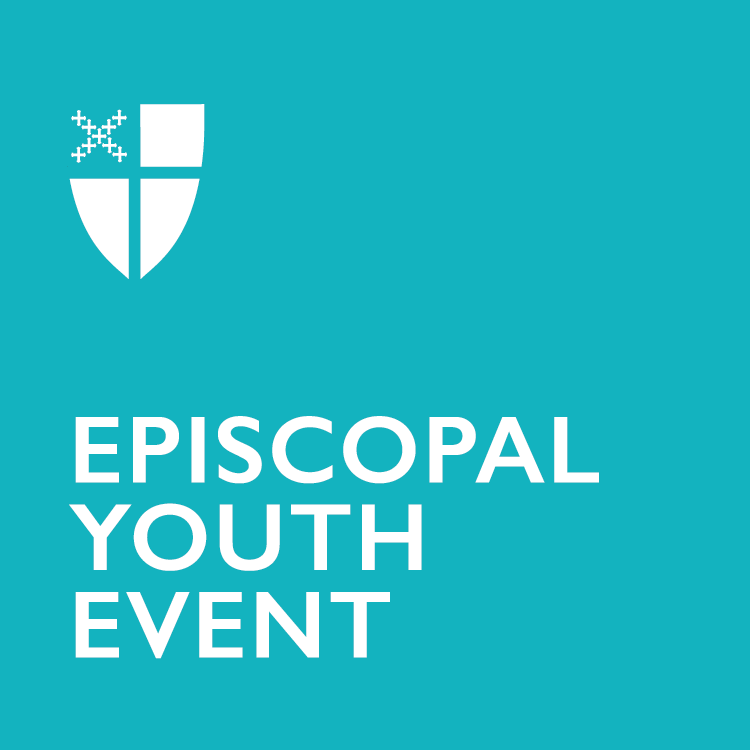The 78th General Convention approved two marriage liturgies for trial use, along with a revision of the marriage canon, allowing same-sex couples to be married in The Episcopal Church beginning on First Sunday of Advent 2015, when both resolutions take effect.
Episcopal News Service and the House of Deputies News carried the story.
The trial-use marriage services are to be used “under the direction and with the permission of the diocesan bishop.” While bishops can decide not to authorize use of the liturgy in their diocese, all bishops exercising ecclesiastical authority must “make provision for all couples asking to be married in this Church to have access to these liturgies.”
On July 2, 2015, the House of Bishops accepted the following “Statement of Clarification Regarding Marriage and Blessing Liturgies in The Episcopal Church”:
“The 78th General Convention (2015) authorized three liturgies for use beginning Advent I 2015.
1. ‘The Witnessing and Blessing of a Life-long Covenant,’ authorized for use under the direction and with the permission of the bishop exercising ecclesiastical authority. This liturgy is only intended for use with same-sex couples in jurisdictions where same-sex marriage is not legal.
2. ‘The Witnessing and Blessing of a Marriage,’ authorized for trial use (per Article X of the Constitution and Canon II.3.6) under the direction and with the permission of the Diocesan Bishop. This liturgy is intended for use by all couples asking to be married in this church.
3. ‘The Celebration and Blessing of a Marriage 2,’ authorized for trial use (per Article X of the Constitution and Canon II.3.6) under the direction and with the permission of the Diocesan Bishop. This liturgy is intended for use by all couples asking to be married in this church.
“In addition, Resolution A054 states that ‘Bishops exercising ecclesiastical authority or, where appropriate, ecclesiastical supervision will make provision for all couples asking to be married in this Church to have access to these liturgies.’ How provision is made for this is left to the discretion of the Bishop. Suggestions mentioned for dioceses where the bishop does not grant permission for the trial use of these liturgies include making arrangements with a neighboring diocese for clergy to officiate using these liturgies in the neighboring diocese, and/or inviting clergy from another diocese to officiate in the diocese using these liturgies either in church buildings or other venues. Other ways in which provision is made might be shared among the bishops.
“Prior to Advent I 2015, ‘The Witnessing and Blessing of a Life-long Covenant,’ authorized for provisional use by the 77th General Convention (Resolution A049, 2012) under the direction and subject to the permission of the bishop exercising ecclesiastical authority remains in force, along with the other provisions of A049, including that:
1. ‘Bishops, particularly those is dioceses within civil jurisdictions where same-sex marriage, civil unions, or domestic partnerships are legal, may provide generous pastoral response to meet the needs of members of this church.’ The Supreme Court expanded the number of dioceses in which this is now the case.
2. ‘Bishops may authorize adaptation of these materials to meet the needs of this church.’
“This is understood to mean that the liturgy authorized in 2012 for provisional use is still in effect until replaced by those authorized for use beginning Advent I, 2015, and that bishops may adapt that liturgy to meet the needs of this church, including adapting them for marriage, as many bishops have done during the past triennium. Some may wonder if the 2015 version ‘The Witnessing and Blessing of a Marriage’can be considered an adaptation for marriage of the 2012 liturgy, and it would seem that the answer is yes. However, the 2015 liturgy ‘The Celebration and Blessing of a Marriage 2′ would not be, since it is based on the 1979 Book of Common Prayer and not ‘The Witnessing and Blessing of a Life-long Covenant’ as authorized in 2012.
“The 1979 Book of Common Prayer ‘The Celebration and Blessing of a Marriage,’ along with ‘The Blessing of a Civil Marriage‘ and ‘An Order for Marriage‘ from the 1979 Book of Common Prayer remain liturgies for use with different-sex couples.’The Celebration and Blessing of a Marriage 2‘ as authorized for trial use by the 78th General Convention is available for use by all couples beginning Advent I, 2015.
“The House of Bishops received this document from Bishop Ely with appreciation and referred it to the members of the House of Bishops individually to be used by them in their respective dioceses with the provision that it may be used in its present form or modified as each determines is in the best pastoral interest of his or her diocese.”
